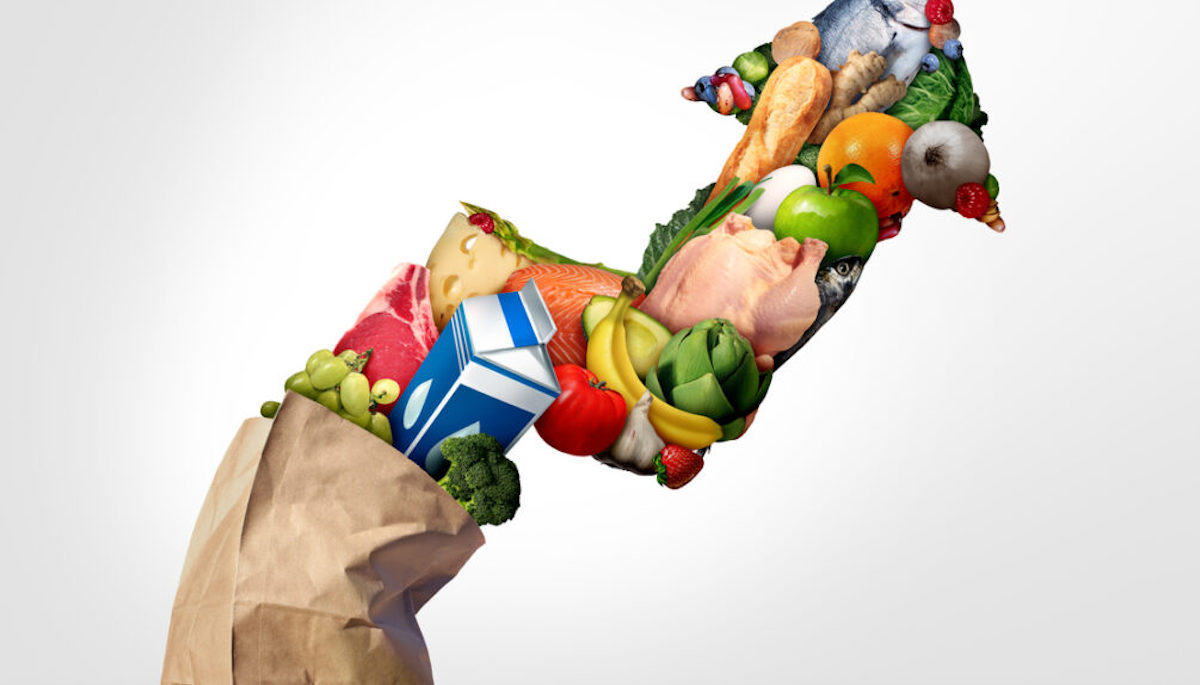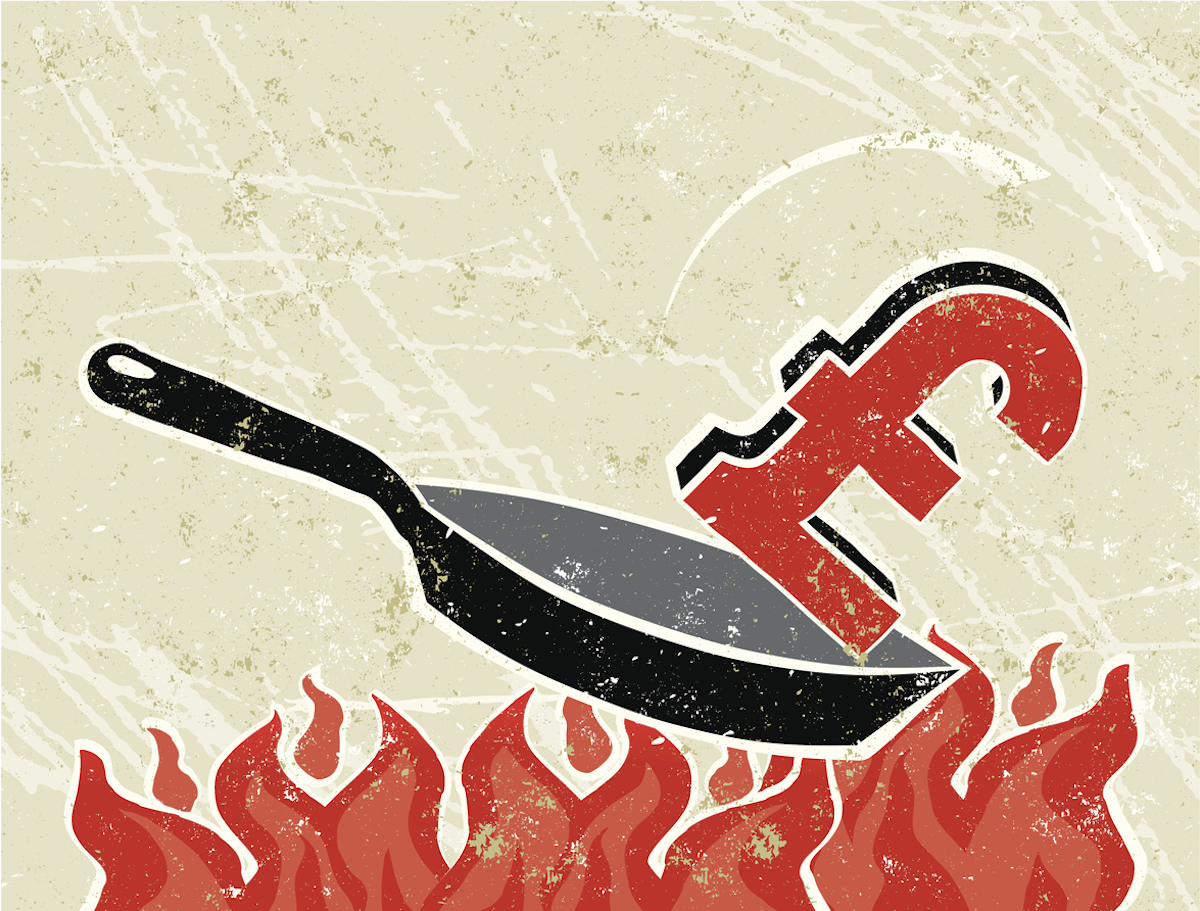German food prices increase by nearly 20% as country witnesses highest inflation rate in 30 years

Germany has seen an 18.7% increase in food prices year-on-year, according to figures for September 2022 released by the country’s Federal Statistical Office.
The price of edible fats and oils like butter and sunflower oil saw the sharpest increase, having risen by 49%.
Other household staples have also seen dramatic increases. Dairy products and eggs were nearly 30% more expensive, and the price of meat and meat-based products was up 19.5%. Meanwhile the price of bread and cereal items have risen by an average of 18.5%.
Looking at monthly comparisons, the figures showed that consumers paid 1.8% more for food in September than in August 2022. Vegetables in particular were nearly 4% dearer month-on-month, while dairy products had increased by 2.2%.
General inflation in Germany has reached a peak of 10%, which is the highest level the country has seen since its reunification in 1990, according to Dr Georg Thiel, President of the Federal Statistical Office. Rising energy and food costs, exacerbated by the war in Ukraine, have both contributed to the overall increase in rates, he said.
He commented: “Enormous price rises for energy products still are the main reason for the high inflation. But we also see price increases for many other goods, especially food.”
Thiel also blames the end of the country’s fuel discount period and the €9 monthly transport ticket for the acceleration of inflation. He added: “These temporary measures of the second relief package had a downward effect on overall inflation from June to August 2022.”
In comparison to other countries in Europe however, Germany is not the hardest hit by food inflation. According to recent estimates from Trading Economics, Turkey currently holds the highest grocery inflation rate year-on-year for September at around 93%. Hungary and Moldova follow behind at just over 37% – a record increase for both countries.
The increasing cost of food has forced many consumers to adjust their everyday diets and spending. In the UK, where grocery inflation stands at nearly 14%, a recent report found more shoppers are inclined to purchase cheaper processed foods, which can be less nutritious and made with lower-quality ingredients. They are also buying vegetables and fruit.
As food prices continue to soar across the globe, find out how the issue is predicted to affect the food industry in this Food Matters Live Podcast episode:








